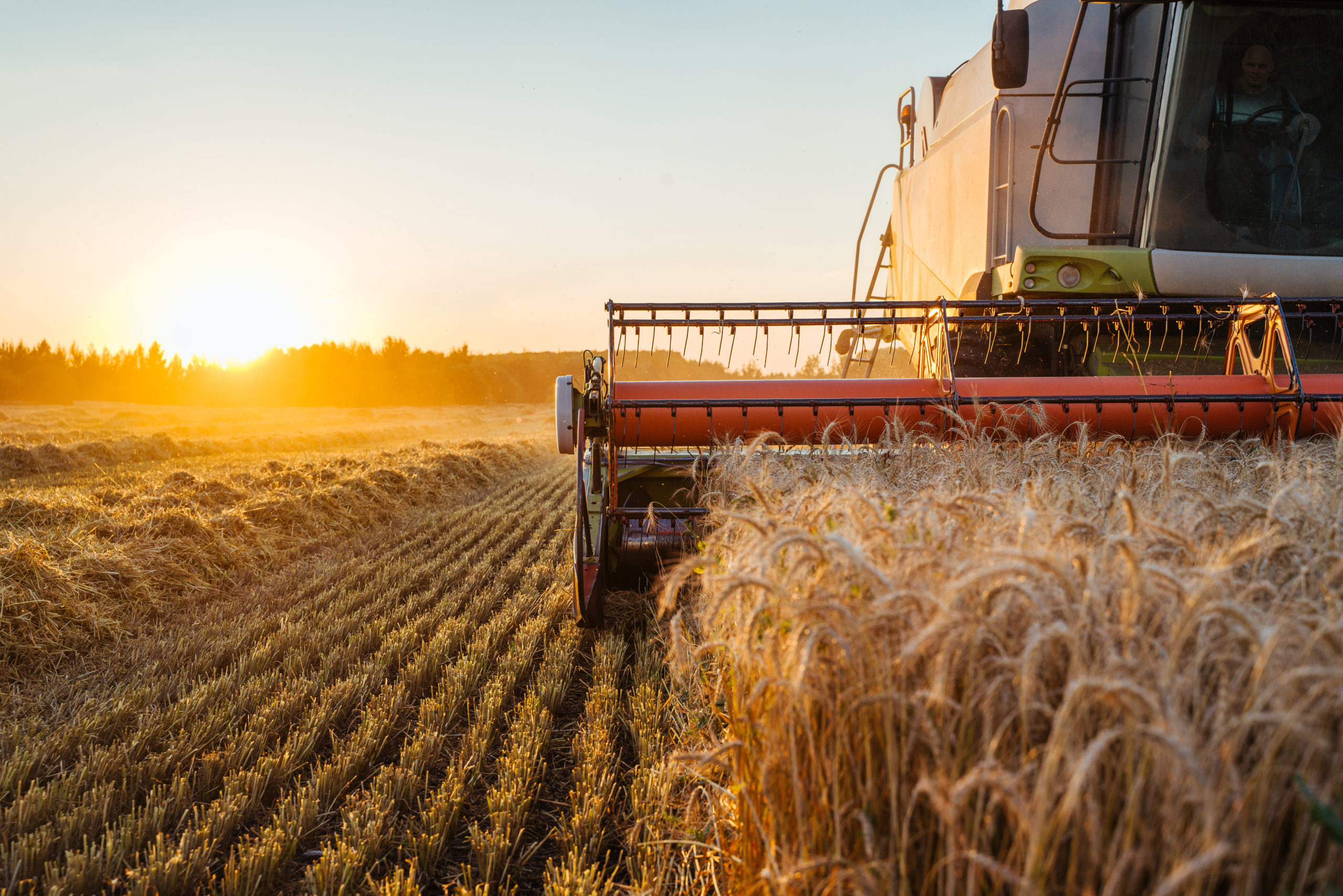New Zeland

New Zealand’s climate change-resistant apple proving successful in Europe
A variety of New Zealand apple bred to be resistant to climate change is proving a success in European countries like Italy, Spain and France, fruit and vegetable producer T&G Global says.
The variety, called HOT841A, can be grown in a range of geographies and was the first variety of apple commercialised by T&G under an industry breeding project called the Hot Climate Programme.
Read More here…
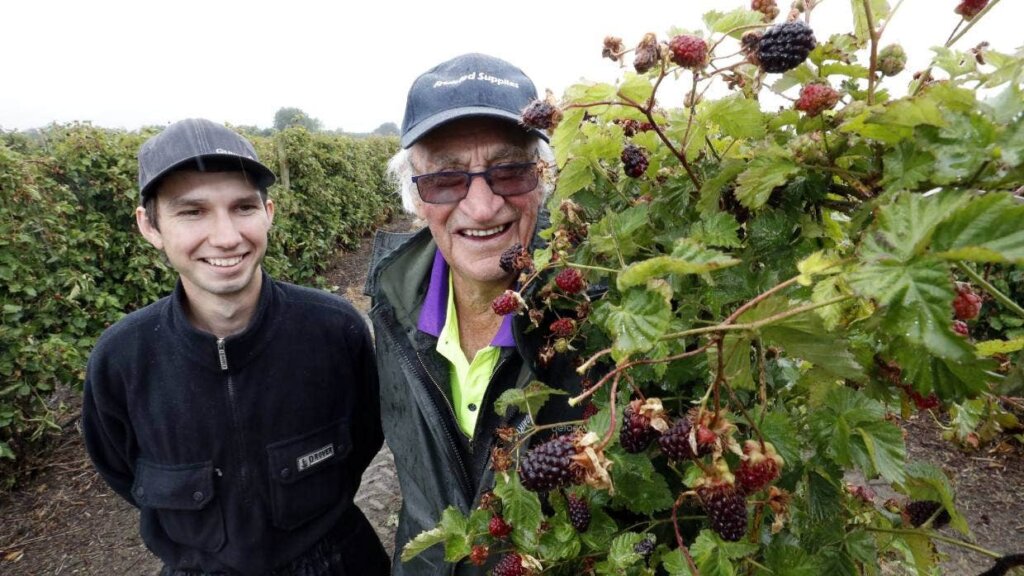
Boysenberry growers keep weather eye on changeable season
Big, juicy boysenberries are ready for Christmas tables despite challenges from the changeable weather.
At the Sutton family’s Edens Rd Fruit operation in Hope, near Nelson, the boysenberry season is in full swing.
Originally based at the Daelyn orchard in Richmond, the Waimea Plains’ business supplies berries nationally and internationally.
Read more here…
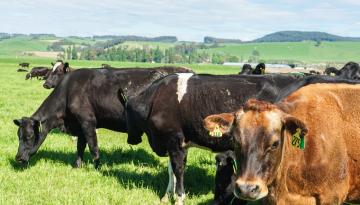
Meat industry warns post-Brexit UK-EU deal will hurt New Zealand exporters
The meat industry is urging the Government to fight new quotas for local exporters as part of a new trade deal between the UK and European Union.
The post-Brexit agreement will mean access will be more controlled.
A new quota will force Kiwi sheep and beef exporters to split their product between the UK and EU, even if one of the markets is not going well.
Read More here…
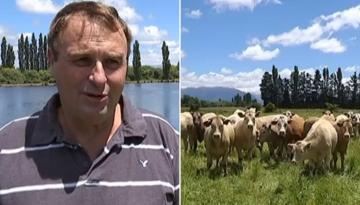
Heavy rain gives Canterbury farmers a welcome reprieve from water shortages
Some Canterbury farmers are breathing a sigh of relief after this week’s heavy rain has bolstered their resilience for a long, hot summer.
David Clark is growing seeds for next year’s food production and it’s booming, with the plants bigger than he’s ever grown before. But just recently, he was facing the impact of serious water shortages.
“A week or so ago we were trying to plow a paddock and the ground was so hard and so dry that the plow wouldn’t go into the ground,” he told Newshub.
Read More here…
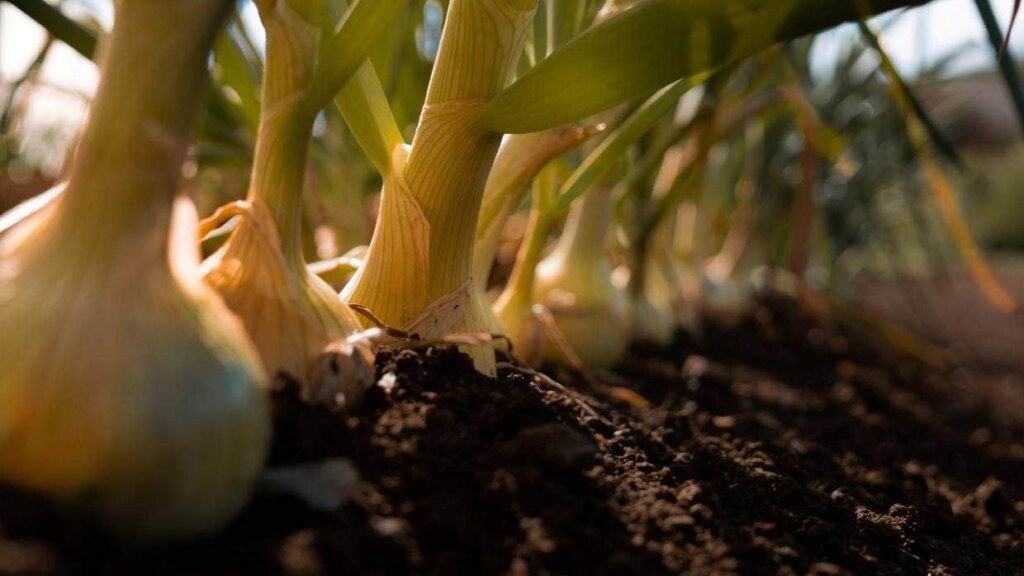
Know your onions: Platform takes onion trading into the digital age
A new onion-trading platform says it’s bringing wholesale markets into the digital age.
Harvex hopes to also deliver better returns to growers by cutting out the industry’s middlemen.
The platform is a secure space where buyers and sellers can trade seamlessly, while also improving access for smaller growers to international markets, chief executive Alex Guilleux said.
Read More here…
Australia

Grain sector likely to record most profitable season ever
FROM the early part of the year where domestic end-users were scrambling for supplies following the drought through to the images coming out of NSW with bunkers and silos full to capacity, 2020 has been a year of massive change in the grains industry.
While prices on the east coast are well below the drought induced premiums of 2018-19 and 2019-20, wheat values are still in the top 30 per cent historically, even allowing for falls in December, canola prices are in the top 10pc and barley is around average.
Read more here…
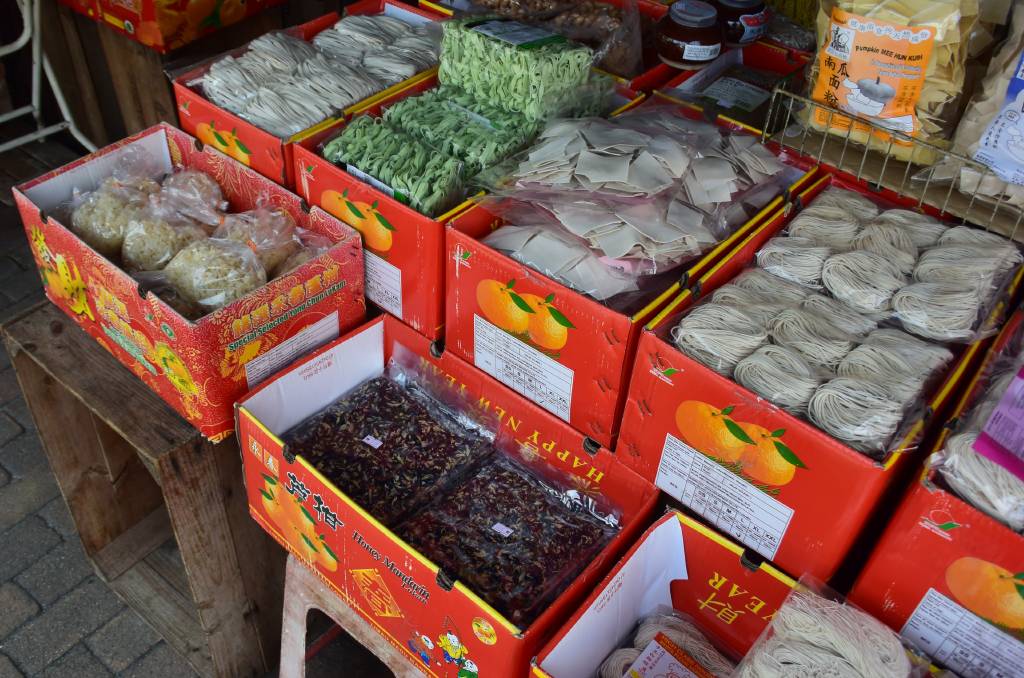
Australia needs to talk about wheat quality
SOME Australian farmers are expressing concern about the apparent loss of premiums for Australian grain and are claiming that a lack of focus on quality is to blame.
Jock Munro, one of Australia’s longest running supporters of the single desk wheat marketing arrangement, dismantled over a decade ago, said the lack of spreads between wheat paygrades pointed to a system focusing solely on yield and not enough on quality.
Read more here…
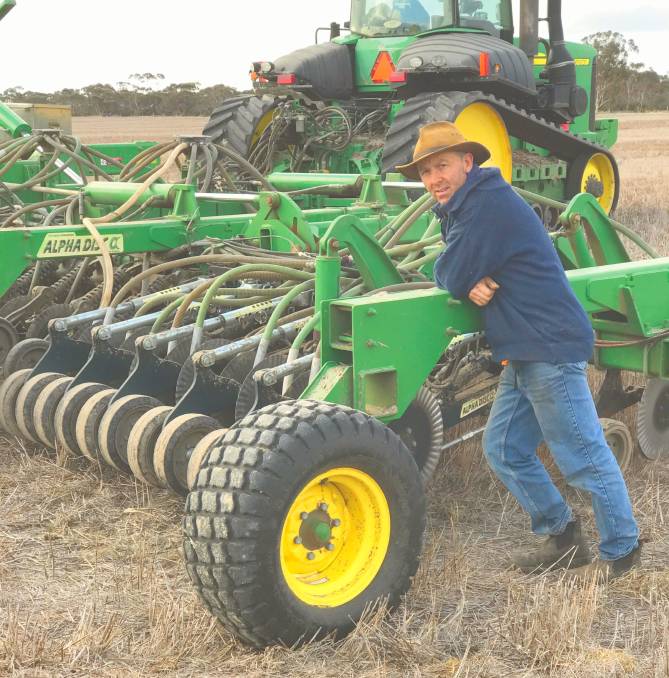
No quick barley decision by trade umpire
THE decision by the Federal government to take China to the World Trade Organisation (WTO) over its imposition of anti-dumping and countervailing duties of more than 80 per cent on Australian barley is unlikely to yield any quick result, with growers heading into 2021 with a ‘business as usual’ approach.
The choice to take the matter to the WTO was announced by Federal Trade Minister Simon Birmingham after extensive consultation with the grains industry.
“While Australia respects China’s right, as with any nation, to undertake domestic investigations into anti-dumping matters, we do not agree with China’s decision to impose anti-dumping and countervailing duties on Australian barley,” Mr Birmingham said.
Read more here…
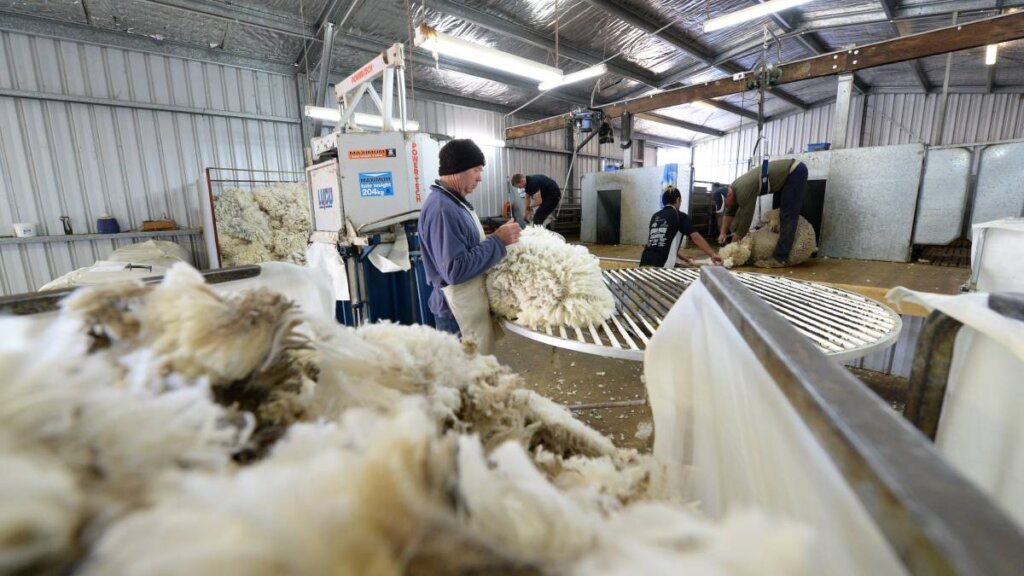
A year the wool industry will never forget
The wool industry was predicted to begin a recovery in 2020 after battling a prolonged drought, decreased demand and a large correction in wool prices.
But nobody expected a global pandemic.
Consumer demand, primarily driven down by COVID-19 impacts, hit the wool industry hard and was reflected in the dramatic price drop.
Key markets in China to Northern Europe at various times were on the frontline of the pandemic and domestic and global supply chains were severely disrupted.
Read more here…
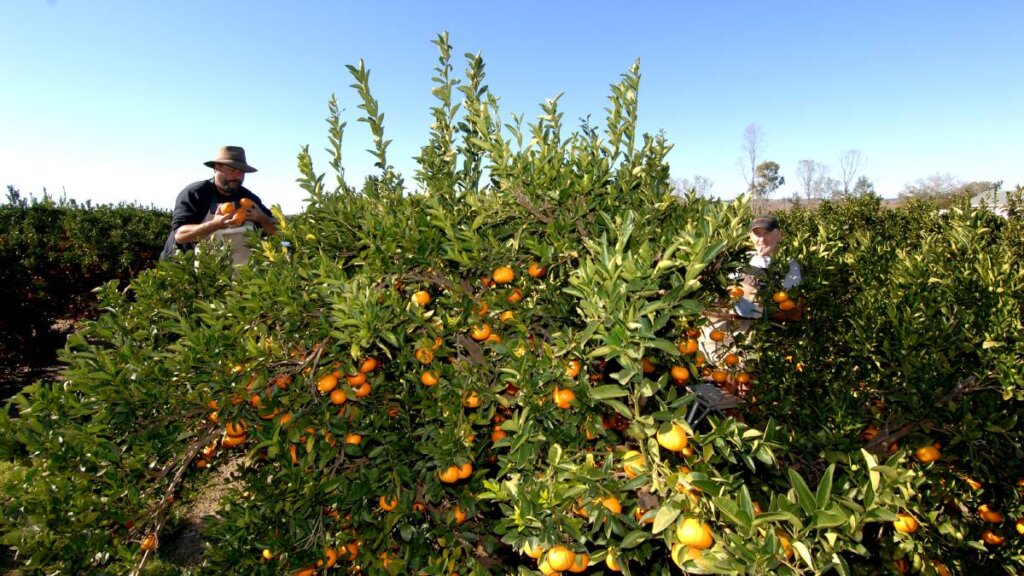
The horticultural year ahead
Last week in this column we reviewed the year just gone and took note of the several challenges that have come our way in different shapes and sizes this past year.
We have counted the last summer of bushfires, an ongoing drought, the still unfolding global COVID-19 pandemic, and the detection of both fall armyworm and serpentine leafminer as our collection of disasters.
There have been, and will continue to be many flow-on effects. As a result of our efforts to limit the impact of COVID-19 on human health, we’ve caused damage elsewhere. Travel restrictions mean right now we are struggling to tap into an adequate supply of seasonal labour, and our export options are reduced.
Read more here…
South America
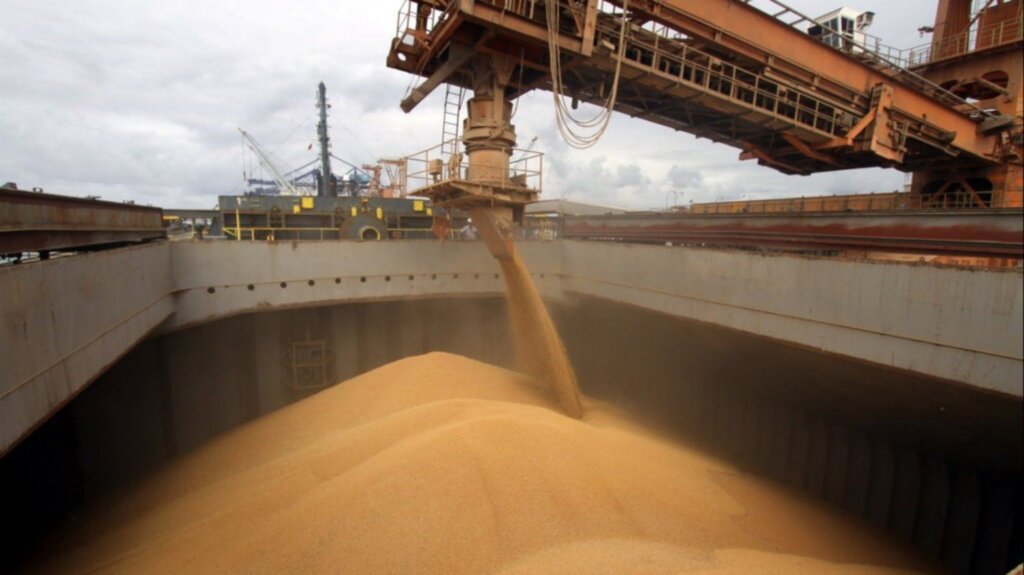
Weather and ports’ strike in Argentina boosting soy and cereals prices
United States soybeans climbed to six-year highs this week as weather and export troubles in Argentina outweighed concerns of a new coronavirus strain hitting Britain. Corn and wheat futures traded near even as soybeans supported the grains complex.
More than 100 cargo ships were kept from loading agricultural goods in Argentina on Tuesday, as a wage strike continued.
Also, continued dryness inhibits soybean planting in Argentina, while concerns grow about global soybean supplies next year.
Read more here…

Two weeks of industrial action in Argentina’s soy crushers and export ports
Soymeal manufacturers in Argentina presented late on Tuesday a proposal aimed at ending a two-week strike by oil and port workers unions that has thrown a wrench in the flow of agricultural exports from one of the world’s main bread baskets.
Oilseed workers and grains inspectors are demanding pay increases big enough to compensate them for high inflation and the risk of working during the COVID-19 pandemic.
Daniel Succi, an official with the Union of Oilseed Workers and Employees (SOEA), said workers on Wednesday morning had met the newly proposed labor deal from export companies with skepticism, calling it insufficient.
Read More here…

Chilean Cherry Events Coming to Wholesale Markets Across China
With the arrival to market on Dec. 12 of the first ocean shipments of Chilean cherries, China’s winter fruit selling season is heating up. And with the Chilean cherry season come events at wholesale fruit markets across China organized by Chile’s cherry exporters. This season, the Chilean Cherry Committee of the Chilean Fruit Exporters Association (ASOEX) has already staged season launch celebrations at Jiangnonghui market (formerly known as Jiangnan market) in Guangzhou on Dec. 18
Read more here…
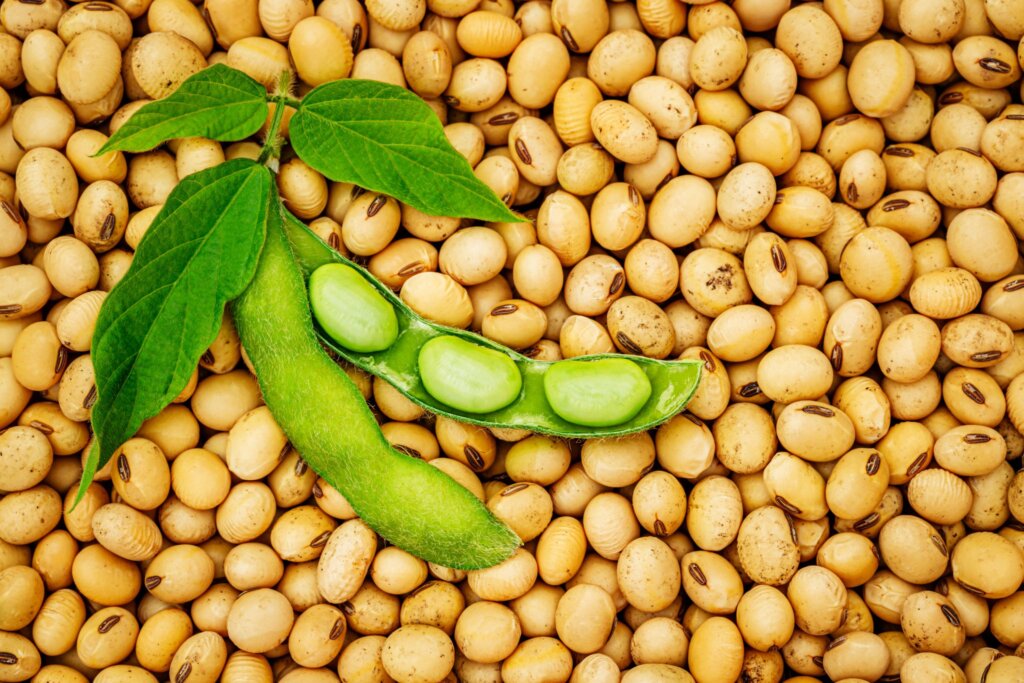
COMMODITIES 2021: Brazilian soybean sales expected to remain elevated
Brazil likely to witness record supply and demand scenario
Real expected to slide in 2021 on fiscal concerns
China seen preferring Brazilian beans over the US-origin
Ending stocks likely to remain low on high domestic crush
New Delhi —After a year of soaring sales and low ending stocks, the Brazilian soybean farmers are likely to witness another year of high supply and demand scenario in 2021, on the back of a weak currency forecast.
Read more here…
Food Updates

Managing stress through nutrition
Rachel Marshall of Fonterra explains the connection between food and mood, as she examines the current state of consumer mindsets and the shift towards holistic health.
The World Health Organisation defines overall health as a “state of complete physical, mental and social well-being and not merely the absence of disease or infirmity”. In the same vein, consumers no longer think of health as only physiological and realise that mental wellness is just as much an integral and essential part of wellbeing. People have become more cognisant of the things that can impact stress levels and mood, resulting in consumers increasingly focusing on balanced lifestyles and spending time on themselves.1
Read more here…

WA harvest on home straight to 16mt crop
WITH harvest in Western Australia drawing to a close, growers have managed to achieve a feat thought impossible and are looking at a total crop production of almost 16 million tonnes for the year.
The estimate was made by the Grain Industry Association of WA (GIWA) in its December Crop Report, with speculation also raised that the total could increase to 16.5mt – a figure 3.5mt higher than the estimate of just under 13mt made in October.
Read more here…
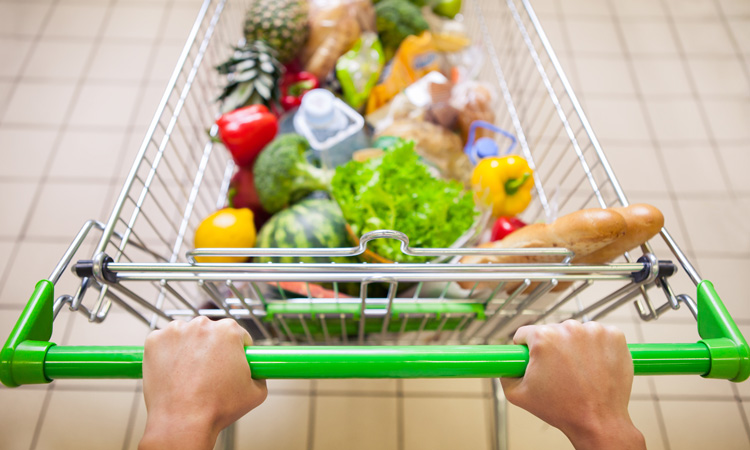
Magnit CEO talks sustainable logistics and recycled carbon dioxide
Magnit CEO Jan Dunning explains why sustainability is not easy in Russia, and reveals the innovative green projects his company is undertaking.
Jan Dunning, CEO of Russian retailer Magnit, talks to New Food about the challenges of implementing sustainable policies in the world’s coldest and vastest country. Here, he reveals the simple yet innovative science behind the company’s latest green project, as well as the similarities and differences in attitudes between Russians and the rest of the world when it comes to sustainability.
Read more here…

How sweet is it? Variations in sugar testing methods
The Life Science Business of Merck recently led a New Food webinar featuring the expertise of Dr Yanqi Qu. Here, we offer you some of the key takeaways…
The recent webinar, in association with New Food, discussed variations in sugar testing methods with Dr Yanqi Qu, Food and Beverage Safety and Quality Technology Specialist for the Life Science Business of Merck. He spoke of specific requirements for processed foods such as potato chips, salad dressing and chocolate. In this article, we recount some of the questions asked during the live session and share Dr Qu’s insightful responses.
Read more here…
